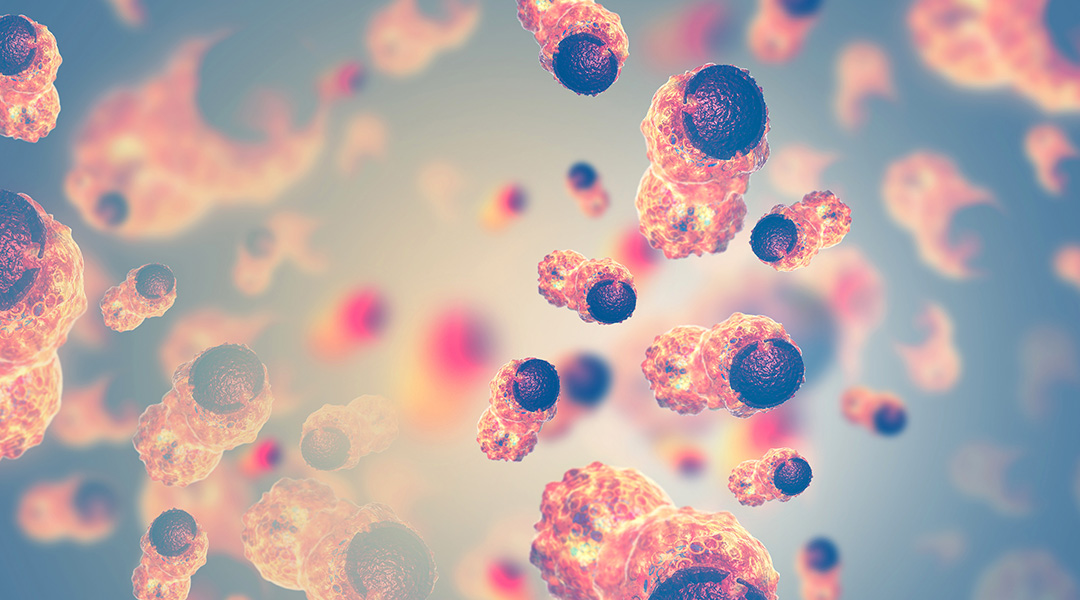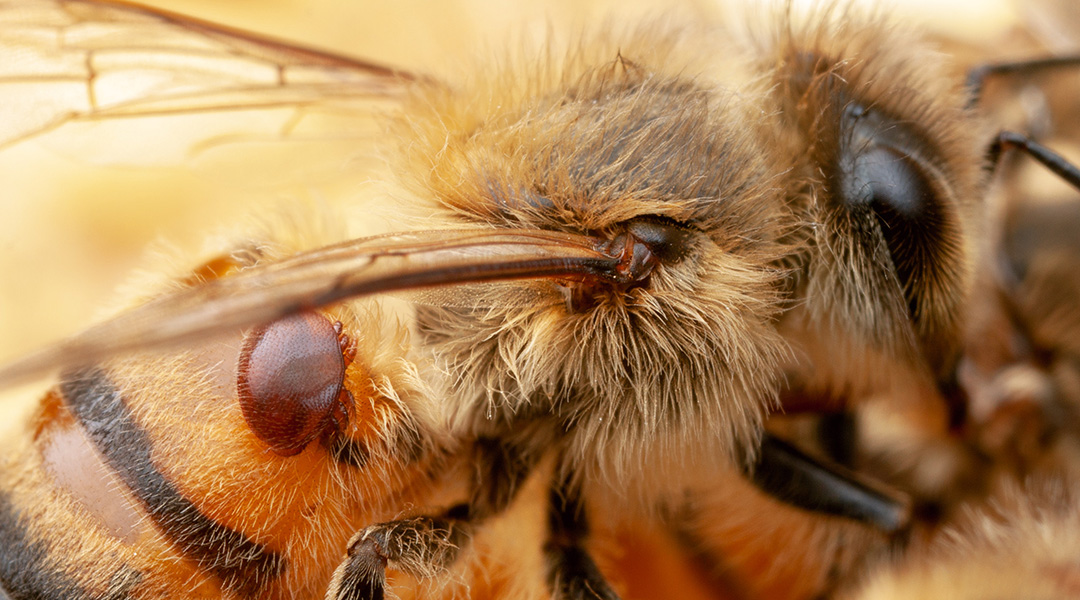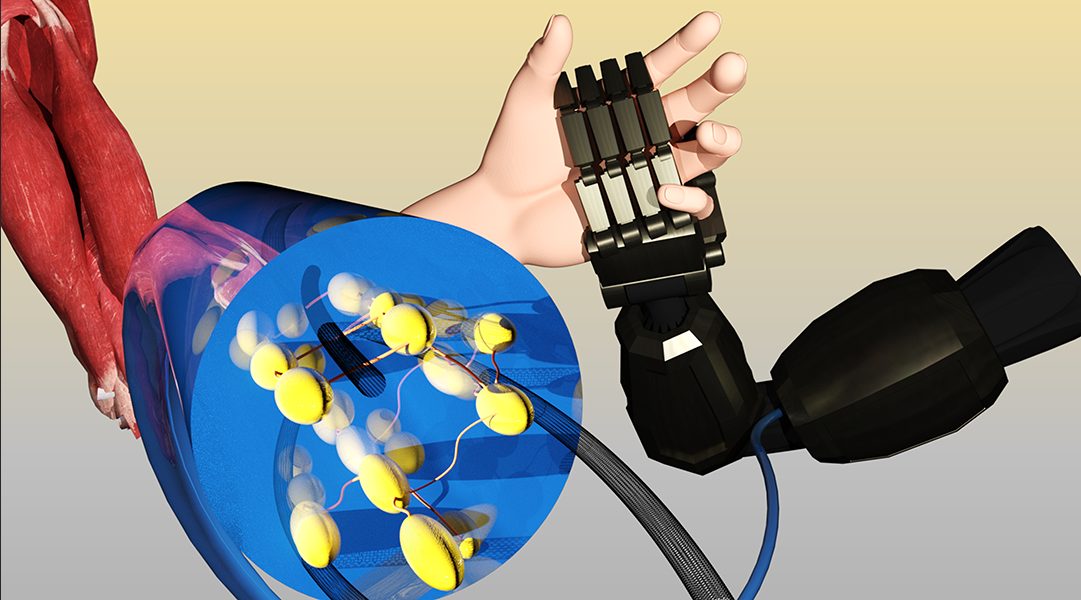A new smart bandage is effective in the treatment of chronic wounds brought about by diabetes.


A new smart bandage is effective in the treatment of chronic wounds brought about by diabetes.

Researchers reinforced aluminum with polymer waste and obtained a new materials with unexpected material.

The first human trial using CRISP-edited genes to fight cancer has promising results.

Researchers propose printing electrodes for lithium-ion batteries on an inkjet printer, which will reduce the electrodes’ thickness by 10-20 times.

For the first time, a nanorobot is developed that can both report the location of, and treat, cancer associated RNA.

Using bacteria to combat varroa mites, a common pest that can weaken honey bees and make them more susceptible to pathogens.

The reprocessing of spent nuclear fuel could become safer and more efficient after researchers found a way to modify the structure of molecules to remove radioactive materials.

A new approach combines 3D coherent imaging with machine learning to detect microscale microplastics in filtered water samples.

Researchers use ordered templates to impart unprecedented tessellating patterns in composites made from inorganic materials.

Researchers develop dual-responsive muscle-like soft actuators with both dexterity and high mechanical strength.